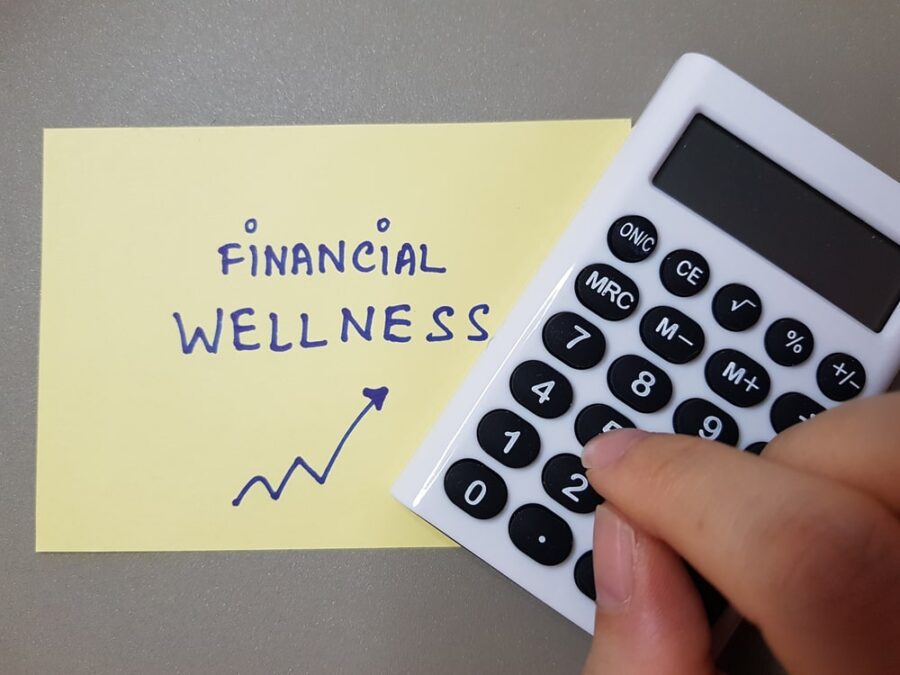
Frequently Asked Questions About Retirement Income
Navigating the world of passive income can bring up a lot of questions. Here are answers to a few common ones.
How much money do I need to generate $1,000 a month?
This is the most common question, and the answer is always: it depends on the yield. The “yield” or “rate of return” is the income you get back as a percentage of your initial investment. As we saw in our earlier example, to get $12,000 a year ($1,000/month), you would need:
At a 3% yield (common for some bonds or CDs): $400,000
At a 4% yield (a reasonable expectation for a dividend portfolio): $300,000
At a 5% yield (from higher-yielding bonds or REITs): $240,000
A crucial rule in finance is that higher yields almost always come with higher risk. Be very wary of any product or strategy that promises a high return with little or no risk.
Is passive income guaranteed?
Very rarely. The only truly guaranteed forms of passive income come from products backed by the full faith and credit of the U.S. government (like Treasury bonds) or by highly-rated insurance companies (in the case of fixed annuities). Dividends from stocks can be cut, bond funds can lose value, and tenants can stop paying rent. This is why diversification and a realistic approach to risk are so important.
Can I create an income plan all by myself?
Many people successfully manage their own finances in retirement. It requires a commitment to learning, ongoing research, and emotional discipline to stick to your plan during market volatility. However, making major financial decisions, especially those involving large sums of money or complex products like annuities, can be daunting. There is no shame in seeking help. A qualified, fee-only financial advisor can provide personalized advice. You can and should check the background of any financial professional using the free search tools on Investor.gov, a website run by the U.S. Securities and Exchange Commission.










24663 Minkler Rd., Sedro Woolley, WA 98284
This was another waste my time articles.